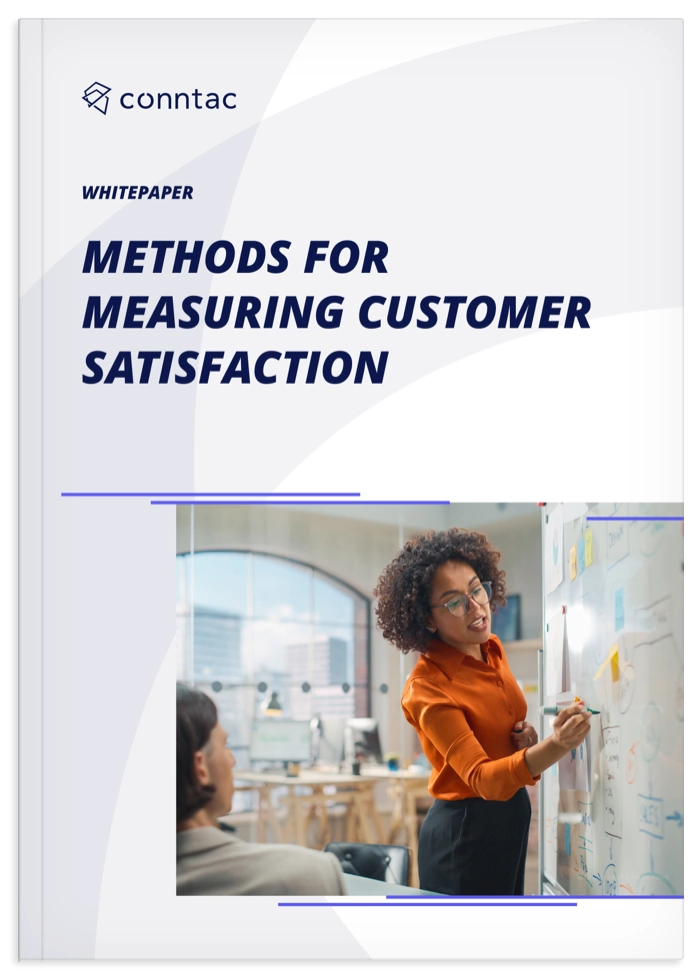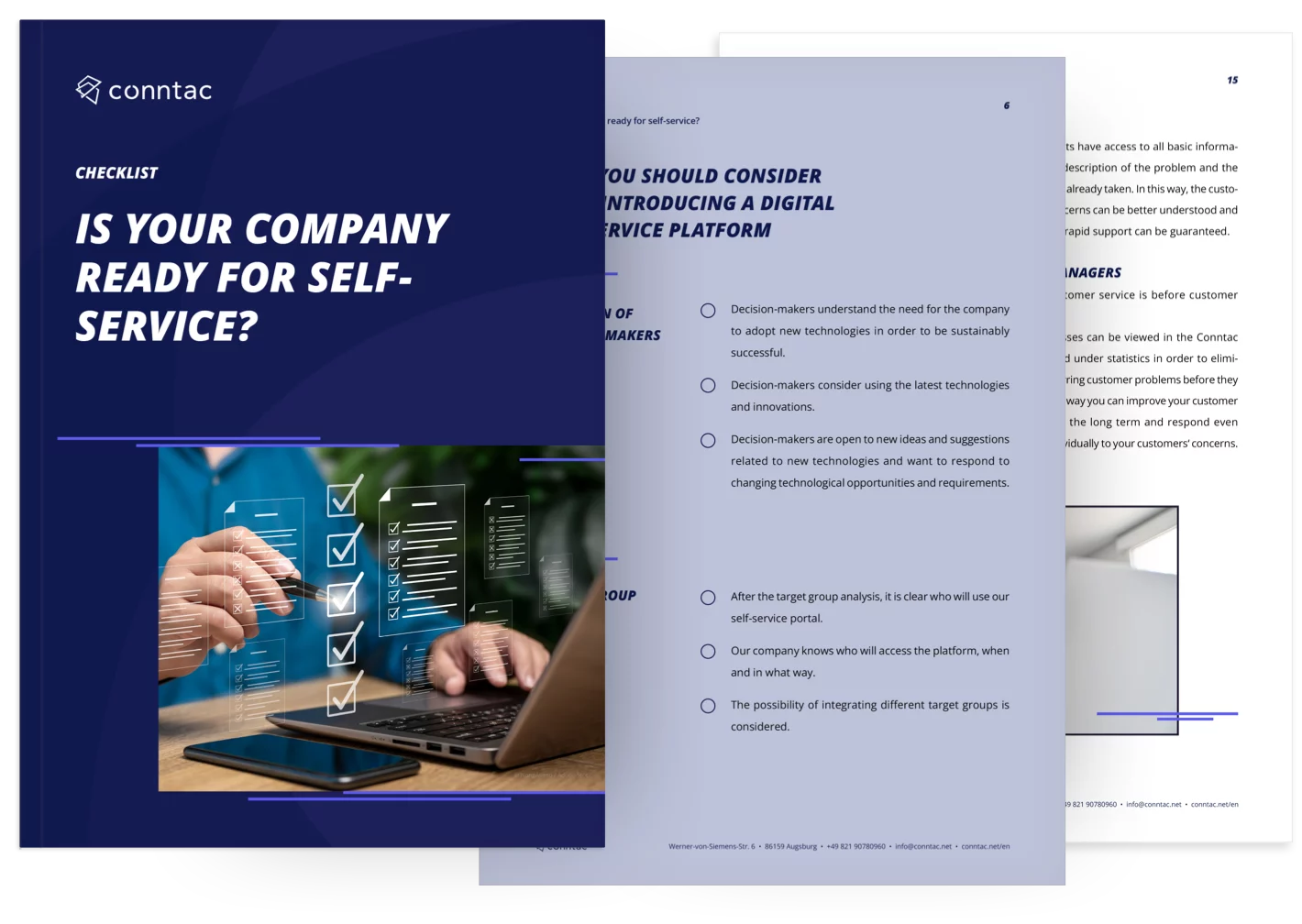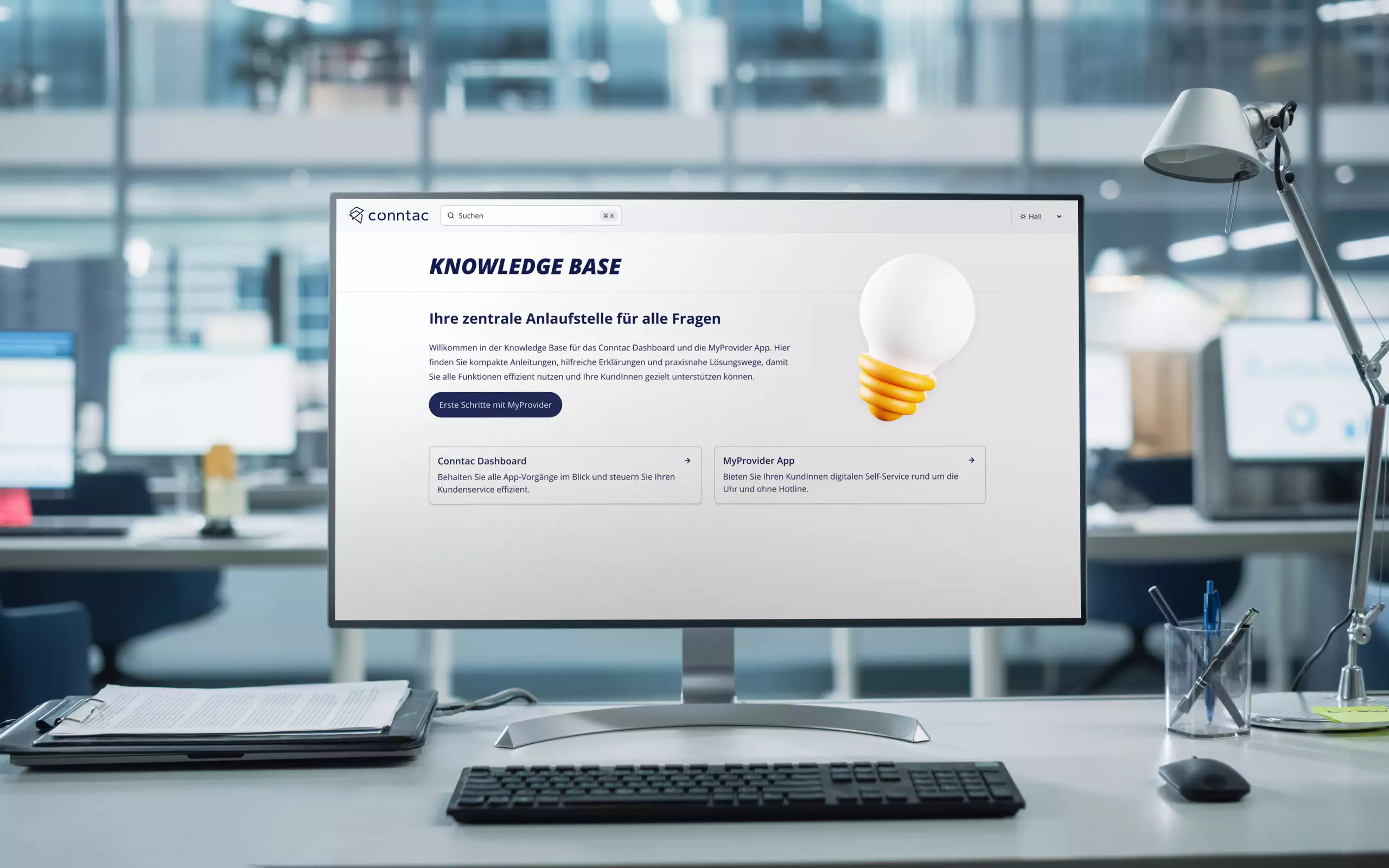Employees in technical customer support, agents for short, solve problems by phone, e-mail or chat and offer solutions to customers. Their tasks also include documenting interactions with customers and forwarding complex concerns to higher-level or specialised support staff. Technical support staff need to have excellent communication skills while being patient and solving problems at the same time. How does the employee experience affect the company? In Part 1 of this series of topics, we will explain the Agent Experience in more detail.
The valuable tasks of agents in customer service
Before we go into more detail on the topic of agent experience, we first need to look at the tasks and the value of their tasks in more detail.
The value of the work of support agents is undoubtedly not to be underestimated. Support workers often face the challenge of dealing with frustrated and angry customers, which requires exceptional empathy and communication skills with a high degree of patience. So while they are required to have interpersonal skills and conflict resolution tactics, they must also provide a positive customer experience.
Technical customer support agents must also constantly adapt to new technologies and software updates, as well as expand their expertise in products and services. This dynamic work environment requires interpersonal skills as well as continuous learning, which makes agents mediators of complex technical problem solving.
What is Agent Experience (AX)?
Agent Experience, or AX for short, refers to the experience and perception that agents in customer support have of their company. Factors that influence agent experience include the workplace (processes, work environment and work procedures) and mental and financial well-being. These factors influence the effectiveness and ease with which agents carry out their work in support.
Why is a good agent experience important?
The agent experience is directly related to the quality of the customer experience. Agents who feel comfortable in their workplace and have the right tools to do their jobs are more satisfied, better informed and more likely to provide a better customer experience.
What leads to a poor agent experience?
According to a survey by Gartner, 84% of customer service agents said that the desktop tools they use do not help them deal with customer issues. On average, they navigate through 8.2 different applications to deal with a customer issue. Ineffective tools can therefore lead to a poor agent experience. At the same time, 68% of respondents said that another challenge in dealing with customer issues is that customer queries are becoming more complex. In addition, 33% say that they have to read extensive documents while talking to clients and cannot concentrate one hundred percent on the client discussions.












